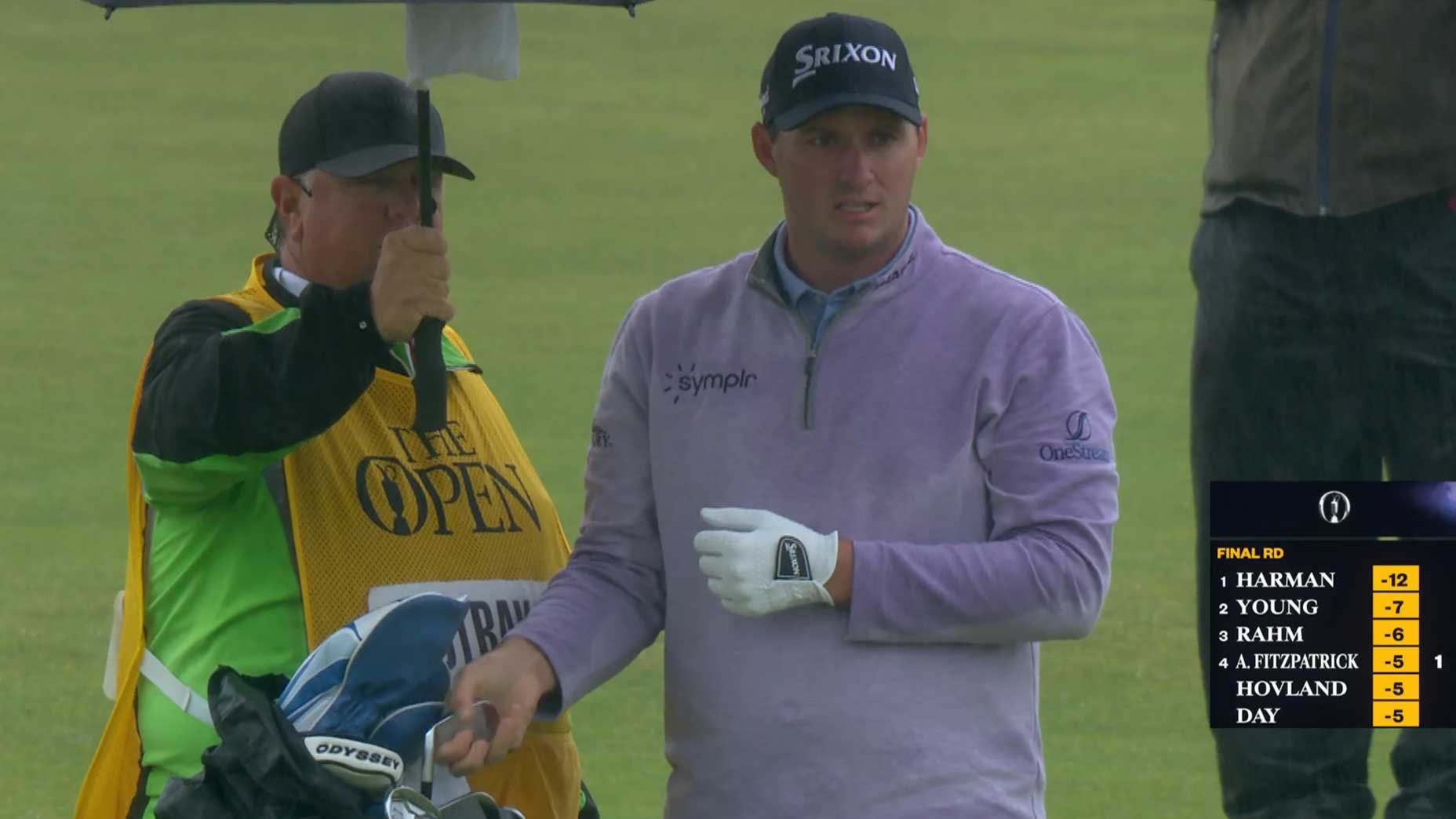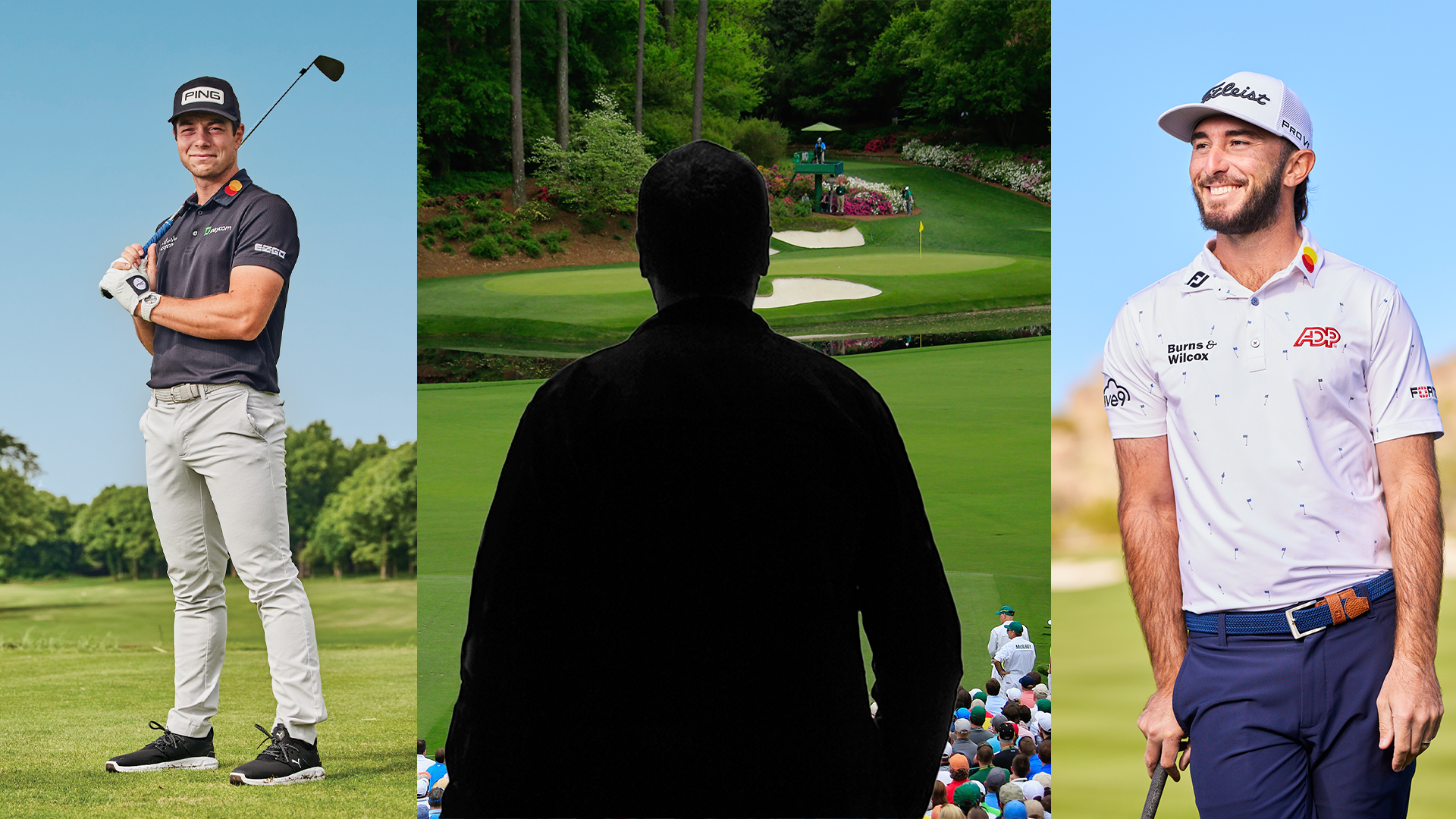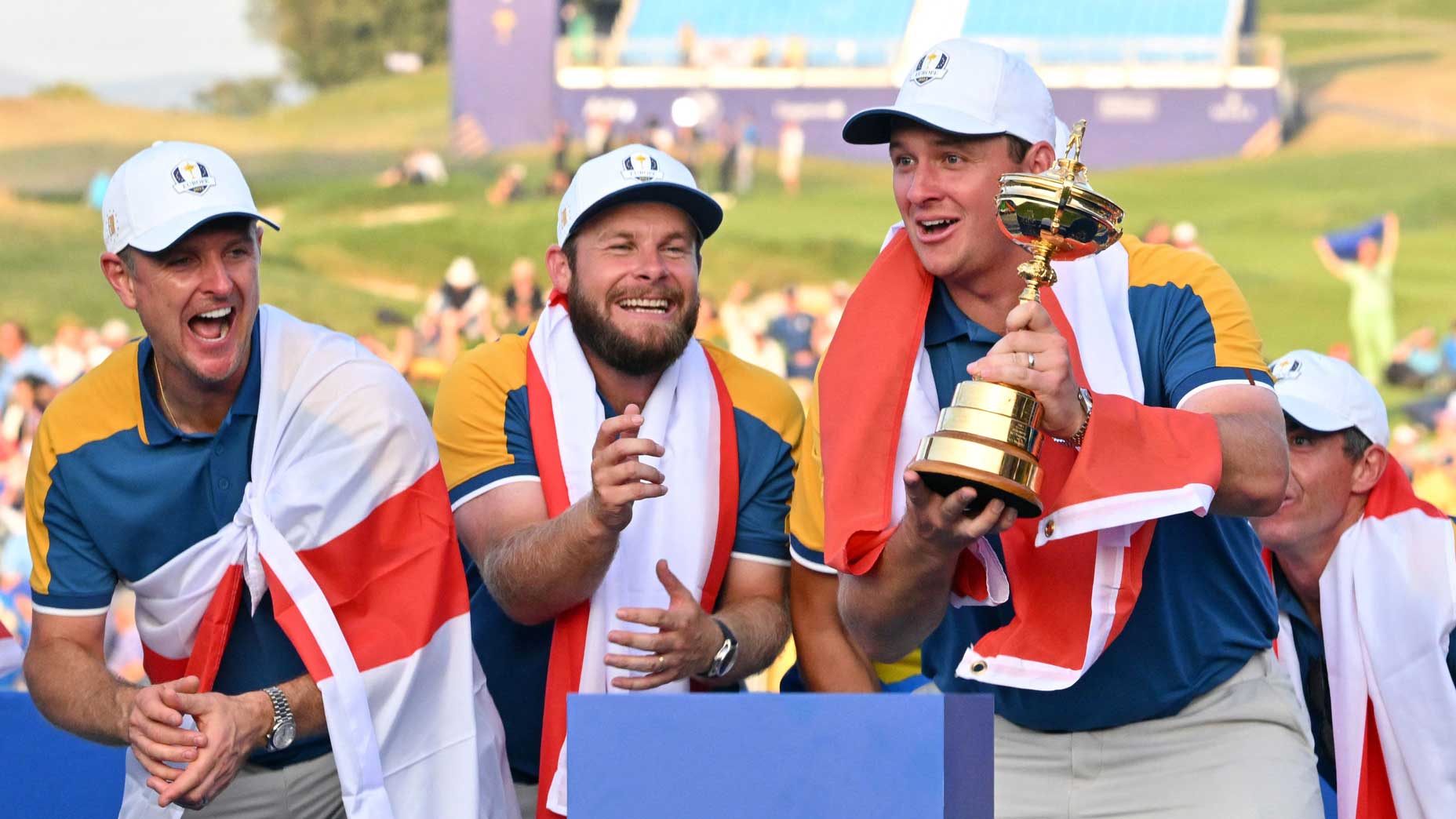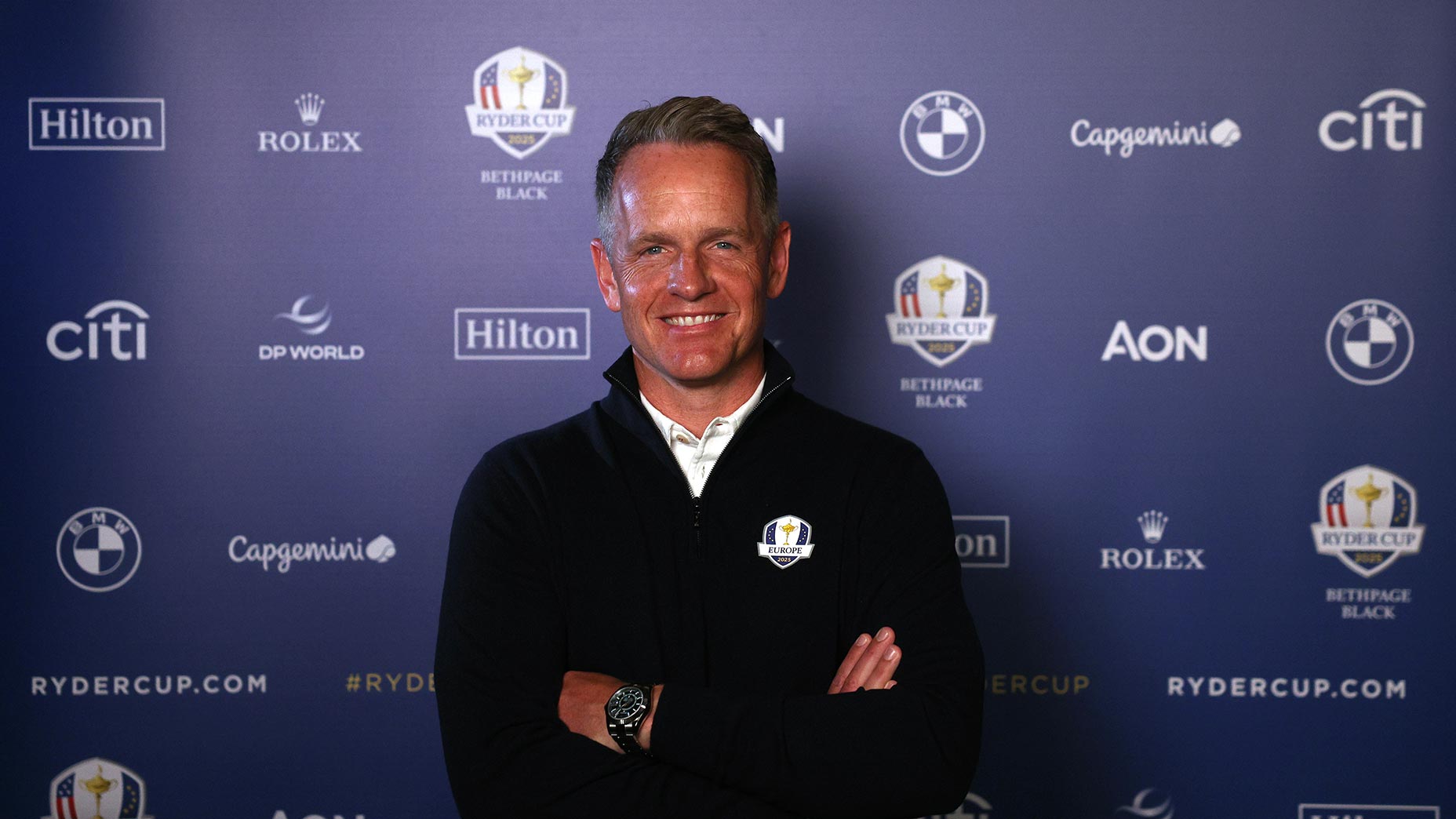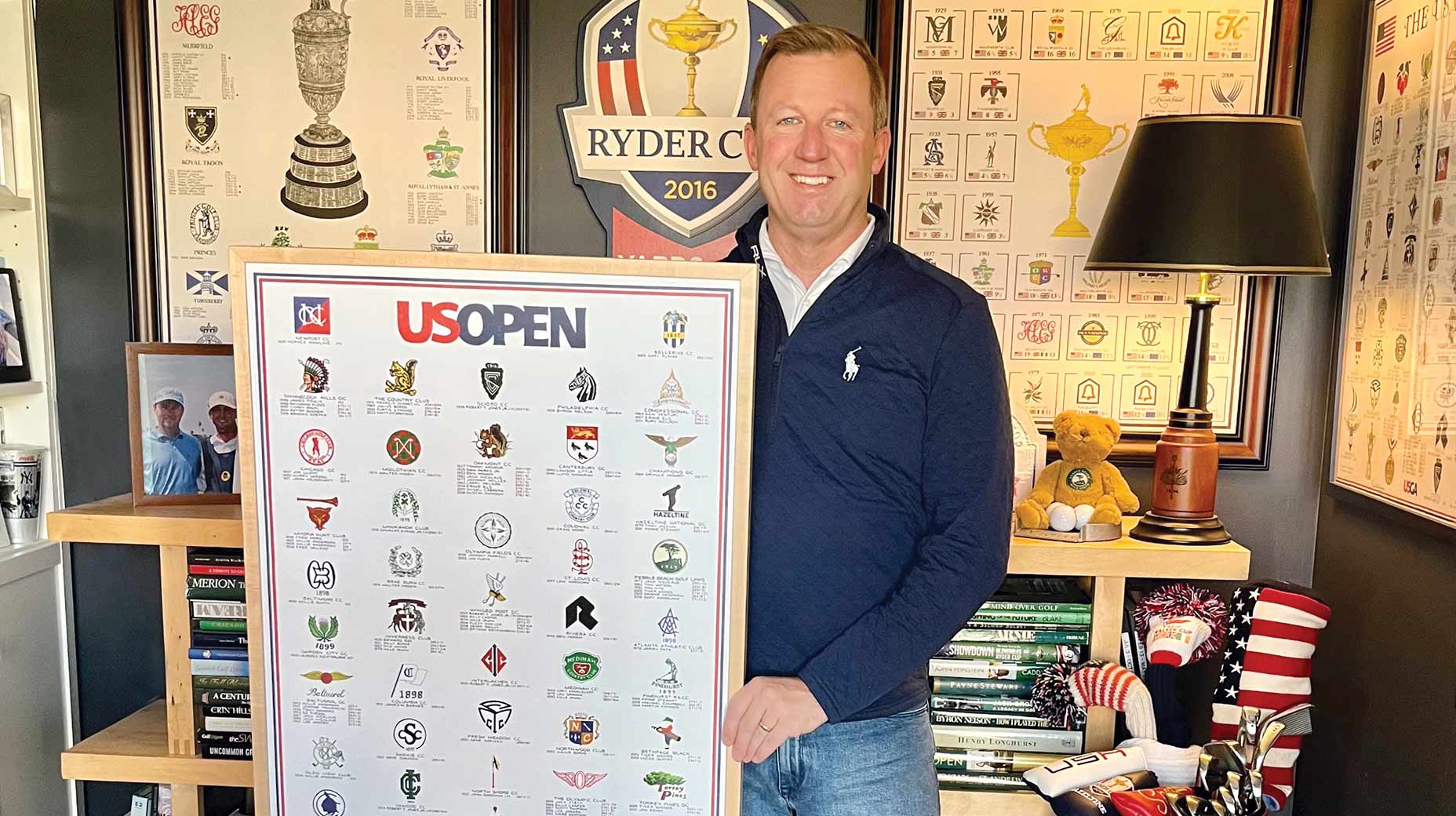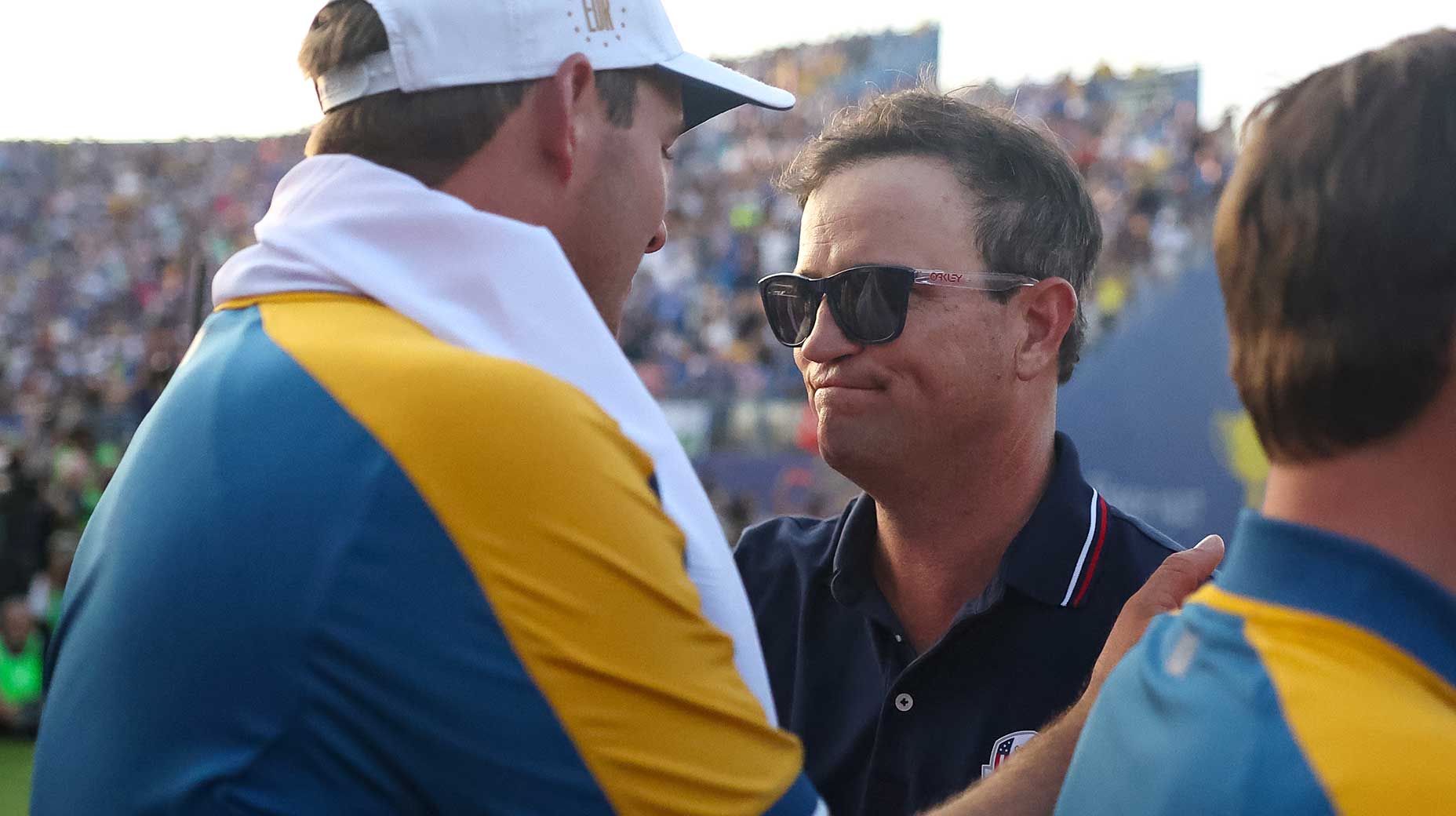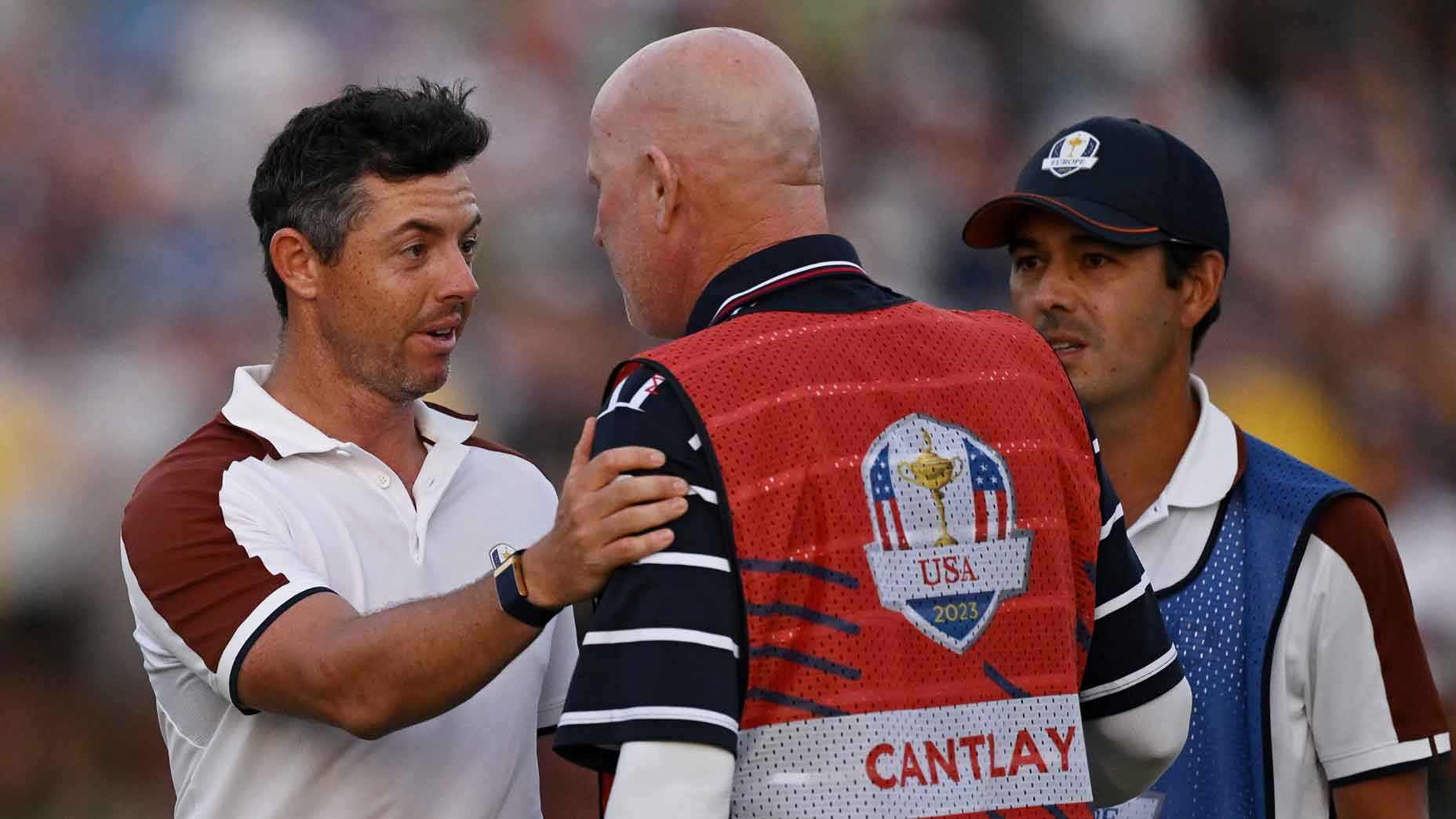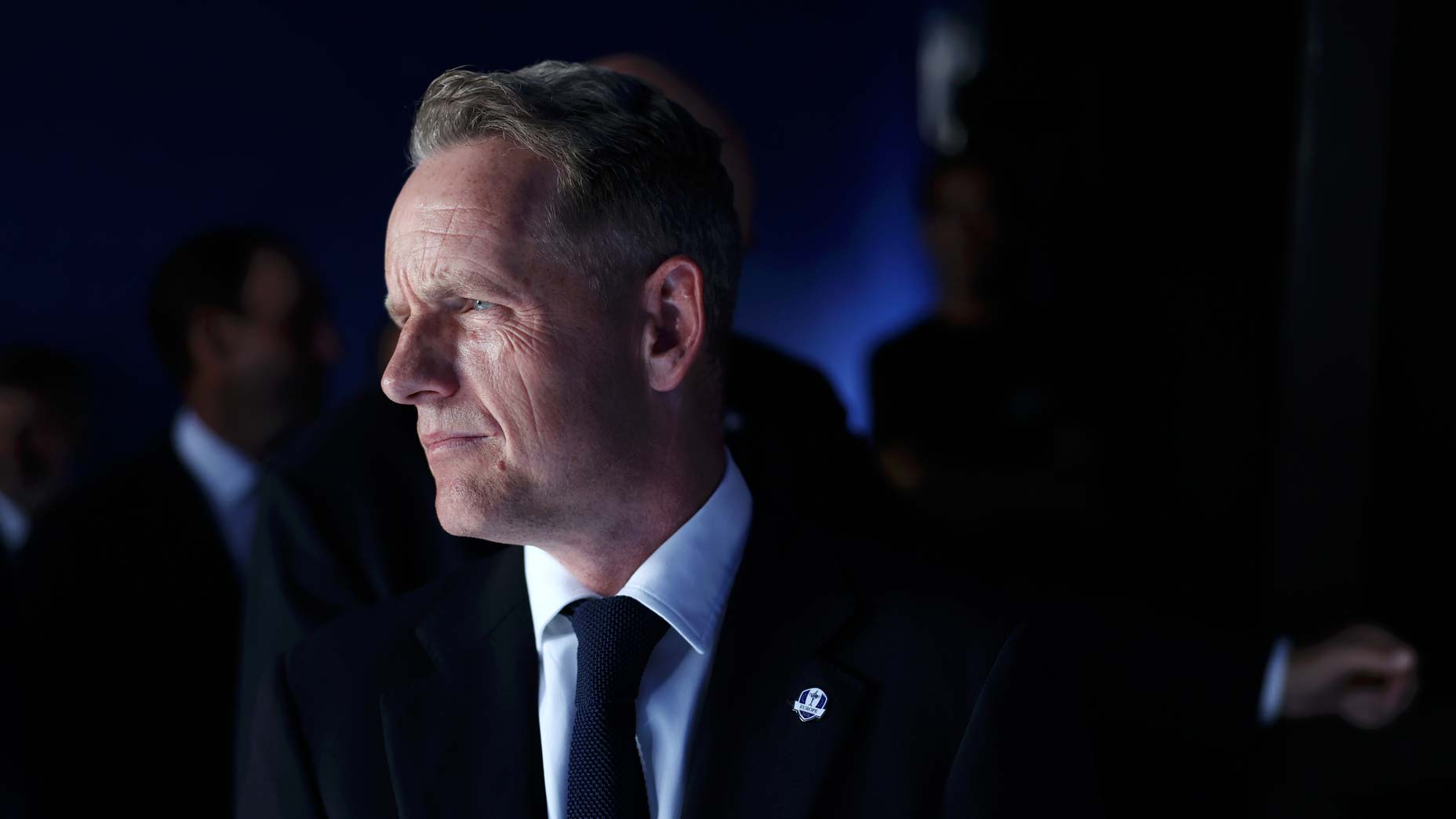This pro could play for either Ryder Cup team. Here’s why he chose Europe

Sepp Straka is in his fifth year on the PGA Tour.
getty images
If you knew nothing about golf and stumbled into a Sepp Straka press conference, you’d be forgiven for thinking the fifth-year PGA Tour pro was born and bred in the South. His accent may not have the sharp twang of Kevin Kisner or deep drawl of Lucas Glover, who sound like they walked out of a John Grisham novel, but Straka still draws out enough vowels to convince you that he’s a grade-A certified Southern boy.
Only he’s not. Well, not really.
Straka wasn’t born in Aiken or Auburn or Atlanta but roughly 5,000 miles away in Austria, in the capital city of Vienna. His mother, Mary, who hails from Valdosta, Ga., had moved to the land of Mozart several years earlier to be close to her boyfriend, according to a first-person account Straka provided Golf Digest. When that relationship ended, Mary, who loved golf, stayed in Vienna and landed a job at a golf-course pro shop. One day, in walked a golf-course architect named Peter Straka, looking for a new golf glove. As the story goes, he also found the woman who would become his wife and, on May 1, 1993, the mother of their fraternal twin boys, Josef and Sam.
Josef, who went by Sepp, and Sam took to golf and quickly shot up the Austrian junior ranks, earning a place on the Austrian national junior team. Sam showed more promise but both boys could play. Over time, though, Mary longed for home and her American family. When Sepp and Sam were 14, she and her sons moved back to Valdosta, a town of 50,000 about 20 miles north of the Florida border. Sepp and Sam became stars on the Lowndes High School golf team, and, in 2010, signed letters of intent to play at the University of Georgia. Sam was the real prize for the Bulldogs but Sepp was a nice bonus.
The boys were becoming Americanized — Saturday-afternoon football games in Athens have that effect — but did not forget their roots, keeping European events on their schedules. (At the 2011 European Boys Team Championship, the brothers squared off with an ascendant Spaniard named Jon Rahm.) The trips helped keep Sam and Sepp connected to their homeland. “I have a good friend in Austria, Clemens,” Sepp said last year. “I used to always say that I was 50-50 — 50 percent Austrian, 50 percent American. He was, like, ‘No, you’re 100 percent Austrian and 100 percent American,’ which is very accurate. I feel a connection to both countries, and it’s definitely split.”
As Sam and Sepp’s college careers evolved, Sepp improved in ways that Sam did not, and by the time he graduated in 2016, Sepp was a brighter pro prospect than his brother. (Sam now works in real estate and plays high-level amateur golf.) Sepp worked his way up the mini-tours and, in 2018, after a 20th-place finish on the Web.com Tour Finals money list, became the first Austrian to earn a PGA Tour card. Over the next three season he maintained his card before becoming Austria’s first Tour winner, at the 2022 Honda Classic. Another win followed earlier this year at the John Deere Classic, as did two top-10s in the majors, including a runner-up finish at the Open. Straka’s form caught the eye of European Ryder Cup captain Luke Donald, and on Monday, Donald named Straka one of his six captain’s picks for the matches in Rome later this month.
Straka is the most “American” of the 12 European players headed for Marco Simone, which earlier this week led a reporter to ask Straka whether he expects “to get any crap for your American accent.”
Straka joked that perhaps he should speak in his native tongue of German.
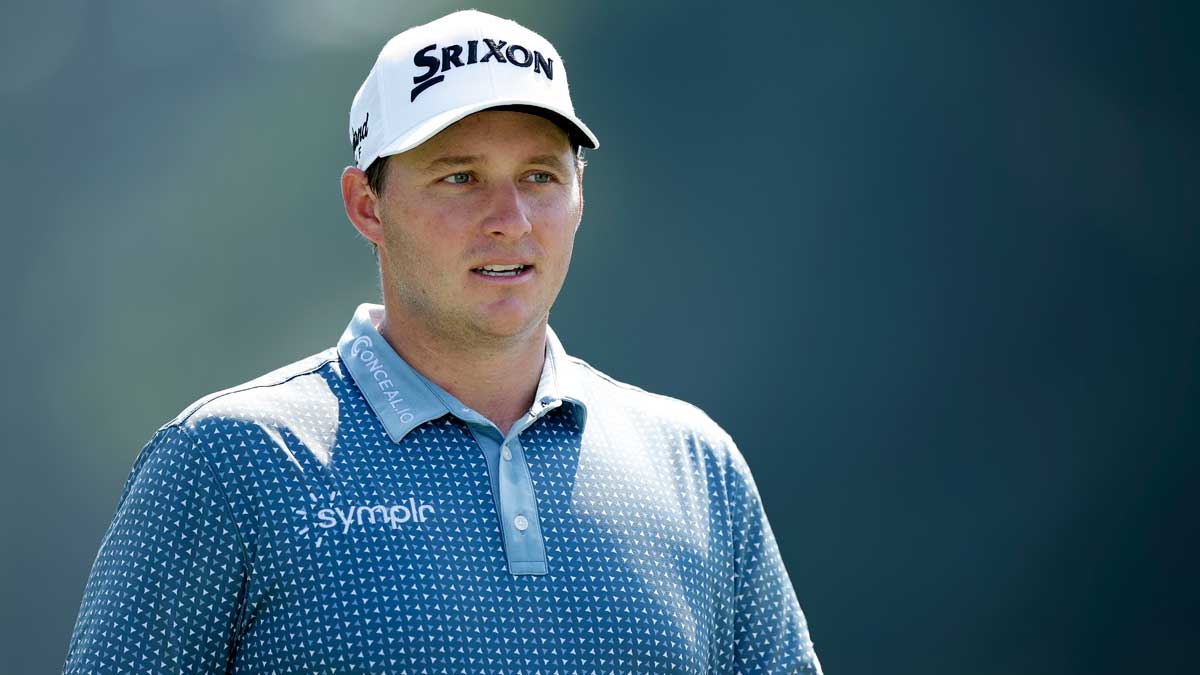
“I was thinking about maybe getting a translator,” he said. “Maybe my brother can translate for me for the week just so we don’t have to hear it.” He added of his Americanness: “Yeah, it will be funny to kind of hear that accent all week.”
The allegiance banter was all in good fun, but it does raise an interesting question: Could Straka, if he felt so inclined, shift his loyalty to the U.S. with the hopes of playing on the U.S. Ryder Cup team? The short answer is yes — because his mother is American, he carries a U.S. passport and has U.S. citizenship, which means he would be eligible for the U.S. team — but if he had wanted to make a run at Zach Johnson’s squad, Straka would have needed to start the process long before this year.
Under the International Golf Federation’s nationality policy, if a player represents a county in an international competition, he or she must wait a minimum of four years to play in another international event under a different flag, a DP World Tour spokesperson confirmed to GOLF.com. The spokesperson added: “The best example of that was Rory Sabbatini who represented South Africa in team competition (World Cup/Presidents Cup) in years gone by, but then, because he hadn’t played in them for so long, was able to represent Slovakia in the 2020 Olympics.” (Sabbatini won silver for the Slovaks.)
So, should Straka have a change of heart about his loyalty, he would need to start the process now for any hopes of playing for the U.S. at, say, the 2027 Ryder Cup at Adare Manor in Ireland. Don’t hold your breath. A Straka flip would be about as likely as Xander Schauffele, whose father was born in Stuttgart, Germany, rewiring his nationality to play for Europe. Xander has said he feels “very American.”
Just as Straka, when it comes to team play, feels Austrian.
“I’ve never played for America in golf,” Straka said Monday. “I’ve always played under the Austrian bag since my first start at the Lyoness Open back in Austria, my first professional start. I played all my junior golf for Austria on the European Boys Teams and the European Amateur Team, so, yeah, I kind of always assumed it would be for Europe, and I’ve always played for the Austrian flag and proudly representing it.”
There is one other slight bit of allegiance awkwardness for Straka: His caddie, Duane Bock, is also American. Bock, who formerly looped for Kevin Kisner, first picked up Straka’s bag at the John Deere, in July, and we already covered how that week went. The two immediately clicked, and now Bock — who previously has caddied in team competitions for the U.S. — will be in the odd position of trying to help shepherd Europe to victory.
“He is definitely red, white and blue,” Straka said of his man. “A bunch of the European caddies have been giving him crap about his yardage book cover being a U.S. yardage book cover, but he’s already changed that. We’re working on him. He’s a professional. He’ll do his best job that he can.”
No doubt Straka will strive to do the same.

